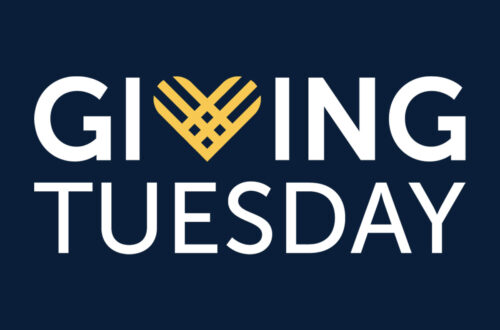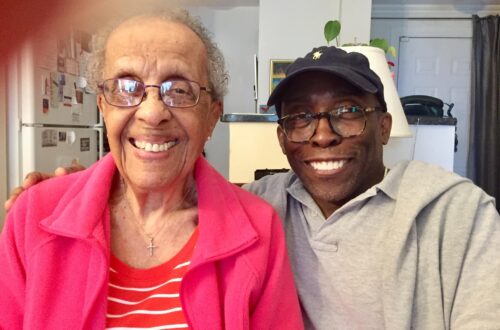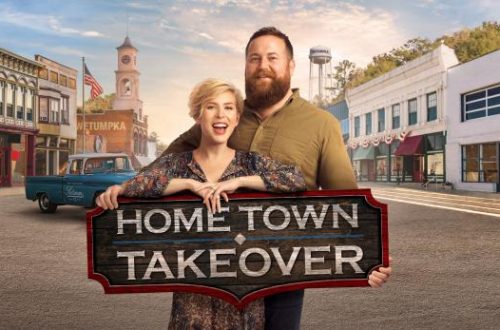If you think that not using labels when referring to “other” people is all it takes to make you post-racial, pull up a chair. It’s time we had a little chat.
The Power of Words
Words are curious things. They can be like good medicine to a sick body and also like a poison to the soul. The perfect words at the right time have the power to lift someone’s spirits to heaven and the right combination of words can damn that same person to hell. Words can bring comfort to the heartbroken and level the surefooted with distress. By the power of words, wars have started and peace delivered. Words have inspired legions of people to take action for a myriad of causes and intimidated millions of individuals into inactivity. Words can hide one’s strengths and at the same time display one’s weaknesses.
- Fuck you.
- I love you.
- I have a dream …
- Our Father who art in heaven …
- We, the People …
All powerful words, yes?
What exactly are words?
Merriam-Webster defines a word as —
a (1) : a speech sound or series of speech sounds that symbolizes and communicates a meaning usually without being divisible into smaller units capable of independent use
b (2) : a written or printed character or combination of characters representing a spoken word
Hm … spoken sounds or written characters that convey meaning. Let’s go with that.
Emotionally Charged
A word in and of itself is neither good nor bad, but the concept it represents can carry enormous emotional baggage. For instance, the following words stir emotions at their mere utterance.
- abortion
- best
- Christmas
- death
- trustworthy
I think we can all agree there’s no need for further explanation on this point. What other emotionally charged words come to mind?
Frame of Reference
On the surface, some words appear neutral without overt positive or negative connotations, but place them in a certain context and their neutrality is quickly called into question. At first glance, the following words seem pretty inconsequential, but each can take on highly negative meanings to someone whose frame of reference or experience is influenced by association with negative experiences.
- dog
- sugar
- mother
- normal
The word “dog” has the potential to bring on less than snuggly images to mind of man’s best friend for someone who has been bitten or mauled by a member of said species.
“Sugar.” It’s key ingredient in cookies, cakes, pies, pastries, and is associated in a roundabout way with numerous positive food memories. In the south, it’s even a term of endearment. Everyone loves sugar. Ever talked to a diabetic about blood sugar?
Few words tug at the heartstrings with such powerfully positive pull as “mother.” Admittedly, the symbol of all that is maternally good and nurturing, yes? Unless, your mom was abusive or emotionally absent.
“Normal.” According to my laptop’s dictionary normal describes that which conforms to a standard, usual, typical, or expected. Perfect, except that makes everything outside the accepted standards abnormal, unusual, atypical, or unexpected. No problem there, eh?
Frame of reference, or context, the setting in which something is understood plays a huge part in how a word is interpreted. And no two people see or experience the world in the same way. Think of how siblings raised in the same environment perceive the world differently. Now imagine how great the difference in point of view between two people of different races or economic classes. The opportunities available to them and the ways in which the world reacts to them affect their worldview and how they interpret words.
Labels
Labels, like words, for the most part are neither good nor bad. They are in essence a quick method of defining something based on a few recognizable characteristics. We use them all the time to identify types of cars, a person’s profession, types of buildings, sports team affiliation, genres of music, religious denominations, and so on. “Doctor” is used as a catch-all for pediatricians, neurosurgeons, and oncologists as all three types of practitioners treat patients’ medical needs. While they specialize in treating specific types of patients, they are doctors none the less.
When labels are applied to people based on appearance or cultural differences, that’s when things get murky. This is especially true given that many labels rooted in cultural and ethnic differences are flat-out derogatory. In this instance, referring to someone using an ethnic slur is patently wrong and offensive, regardless of your intentions given the history of the word eclipses your intent in scale.
Striving to avoid labeling people based appearance, cultural assumptions, or in offensive terms is always a good practice. Few people would argue that point. Paying attention to how others perceive one’s actions/intentions is also a good skill to build. Yes, it’s a lot of work, but it yields many benefits. Here’s what I mean.
Doctors and Social Intercourse
All interpersonal communications (greetings, inquiries, statements, declarations, all messages exchanged between people) are impacted positively and negatively by —
- the intended recipient’s interpretation (based on their experience and frame of reference)
- the sender’s intent and message composition (including history of the words used)
Say what?!
Yes. Not only is it what you say, but how you say it and to whom it’s being said.
If the idea of being responsible for what you say, how you say it, and then being attentive to how people react to those messages makes you angry, perhaps we should step back and look at the situation objectively for a moment.
Let’s do away with all pretense here. We’re not talking about political correctness, people being easily offended, the need for safe spaces, or advancing any sort of political agenda. This is about acknowledging the humanity that exists in everyone and treating everyone with the same level of courtesy and dignity that anyone would expect and deserves.
Most doctors know the importance of having good bedside manners — how they present themselves to and/or communicate with their patients. It’s in any physician’s best interest to put to rest any real or imagined fears their patients may have about doctors. The majority of physicians strive to appear knowledgeable, empathic, honest, along with a host of other traits so that their patients will communicate with them openly, which will make their job of correctly diagnosing and making proper recommendations on their patients’ behalf a lot easier. And productive.
Doctors invest time and energy in fashioning a communication style of respect and care that doesn’t freak out their patients not so much to avoid condemnation, but to facilitate better communication and lessen the opportunity for misinterpretation of their message and/or intent. And that’s a testament to their professionalism and care in much the same way being mindful of others lessens the likelihood one will be deemed a prick. Or worse.
Yes, I could have used another word instead of prick, but I chose to use it to make a point. My choice of words doesn’t make me a bad person, but it does increase the likelihood that some readers will be so thrown by the word, that they’ll disconnect or discount the validity of my entire message or even future messages. When we take our focus off others in determining how best to present our message, we turn the glaring spotlight of scrutiny upon ourselves.
Now What?
Great. So we’ve got these words that express ideas. Some words don’t have the same meaning for everyone, and some words are emotionally charged — positively and/or negatively. And we’ve got to be conscious of not just what we say, but how we say it, and to whom. I can hear you now —
That’s a lot of work, Clay.
It is, but over the last few years, we’ve all kind of let decency fall by the wayside. And now it’s time to clean up the mess.
But there’s good news. There’s a force available to you that’s even stronger that words: actions. And two simple actions can neutralize the potential hazards inherent to words —
- Speaking with respect and care for the other person’s inherent humanity
- Active listening with the intent to leave the dialogue with a better grasp of the other person’s point of view.
Without these two conventions, even with the best intentions, you increase the chances that you’ll step on a verbal landmine and the conversation will morph into a shouting match with one person feeling marginalized and the other feeling personally attacked.
Words matter, and so do the people you’re speaking to.
Love one another.




